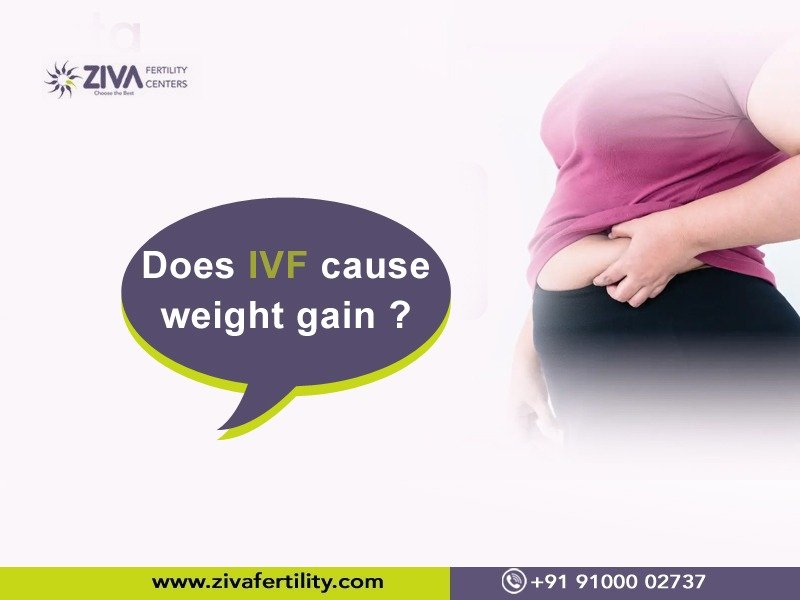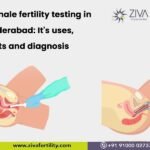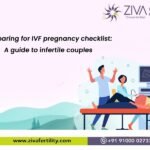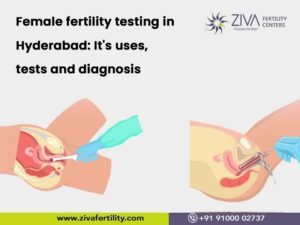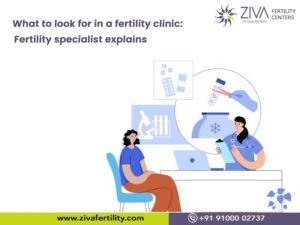IVF is a boon to many couples with infertility issues to have biological children. In the modern world, with numerous changes in lifestyle, health, and environment, Infertility is on the rise. Most infertility causes can be treated via medication, surgery, hormonal therapy, a healthy diet, regular exercise, weight management, quitting smoking and alcohol, and cutting down on caffeine. However, despite all these treatments and lifestyle modifications, some couples don’t see success. Unexplained Infertility is also a leading reason for Infertility, and in those cases, the treatment mode is fuzzy.
For all these situations, ART (Assisted Reproductive Techniques) works wonders. ICSI, IUI, and IVF are the most popular methodologies. Amongst all of these, IVF caters to the broadest range of infertility cases.
IVF has a well-established protocol. We at ZIVA Fertility Clinics educate our couples about the entire IVF process. We give full liberty to the teams to ask whatever questions they have in mind. The most common question asked by women is, “Does IVF cause weight gain?”. So, in this blog, we will address this question and also help you know how to go back to your pre-IVF body.
Weight gain during IVF

It’s not uncommon for women to gain a little weight during IVF treatments. There are various reasons for weight gain during IVF. Let us understand them.
Hormone injections: These injections can affect your weight since they alter your hunger levels. The increased hunger levels mean more food consumption. This contributes to weight gain. Medications given during IVF also cause weight gain.
Ovarian hyperstimulation: The ovaries are stimulated with hormonal injections so that more than one mature egg is released during the ovulation. After these injections are administered, depending on how many eggs develop, you might experience mild ovarian hyperstimulation. The injections given for ovarian stimulation contain recombinant FSH that works on your ovaries. The follicles grow simultaneously, and this phenomenon is called multi-follicular development. This increases the levels of estrogen and progesterone hormones in your body. While they help in the follicles’ growth, they also simultaneously increase salt and water retention. Hence, women undergoing IVF feel bloated during the stimulation, and so they think their clothes are tight. After the ovarian stimulation phase is over, the hormones come back to normal, and you will slowly start losing the extra salt and water, so your weight will come back to normal. Rapid weight gain should not happen, such as 5 kgs in 2-3 days. For such a fast weight, please get in touch with your fertility specialist as soon as possible.
Emotional eating: The IVF treatment is an emotional journey and involves more anxiety as compared to natural pregnancy. The success of an IVF depends on many factors, and some couples might have to try more than one IVF cycle for success. All these factors make women emotional. Most women resort to comfort food as a way to calm themselves. This mainly involves high sugar content food or sometimes binge eating. All these contribute to additional weight gain.
Lack of exercise or physical activity: During the IVF treatment, strenuous exercise along with lifting heavy weights should be avoided since it might jeopardise your chances of getting pregnant. Also, the family members make sure that your daily physical activity is less. All these factors also increase weight.
Weight gain due to Infertility: Some of the causes of Infertility, such as Polycystic Ovarian Syndrome(PCOS), cause weight gain. Most PCOS patients develop insulin resistance, which causes weight gain.
How to control weight gain during IVF treatment?

- Women need not stay away from all forms of exercise. Walking is a golden exercise which can be easily accommodated into your life. Pick good walking shoes and a good walking place. Try to do it with your partner so that you have company and both of you can stay fit.
- Plan a healthy diet. Even if there are hunger pangs, there are a wide variety of healthy eating options in the market. Discuss with your fertility specialist about what kind of healthy diet you can include. Work with a dietician if required.
- In order to combat stress, practise meditation, breathing exercises and relaxation techniques, this is a healthy option as compared to binge eating.
- Surround yourself with supporting people. This is a huge stress buster, and one feels mentally peaceful, which means less emotional cravings for food.
- Have realistic expectations, which means there will be a waiting period to know the result, and you might have to go for a second cycle. Hence, pick experienced fertility clinics such as ZIVA fertility clinics, which have the best equipment and doctors to ensure success on the first attempt.
- If you have PCOS, then losing weight means less insulin resistance and makes the body more responsive to the IVF treatment.
- Maintain adequate hydration and follow a high-protein diet after discussing with your doctor.
We at ZIVA Fertility Clinics would say that the weight gain from the IVF process is typical and reverses post-treatment. Follow a balanced diet, but be careful to avoid extreme caloric restriction since that will hamper foetal growth. We will take care of all aspects of the treatment and not just the medical factors. We make sure that you are medically and emotionally healthy, which is crucial for IVF success. For more information, please visit our website https://zivafertility.com/ or contact us at +91-9100002737 or +91-9392834024.

